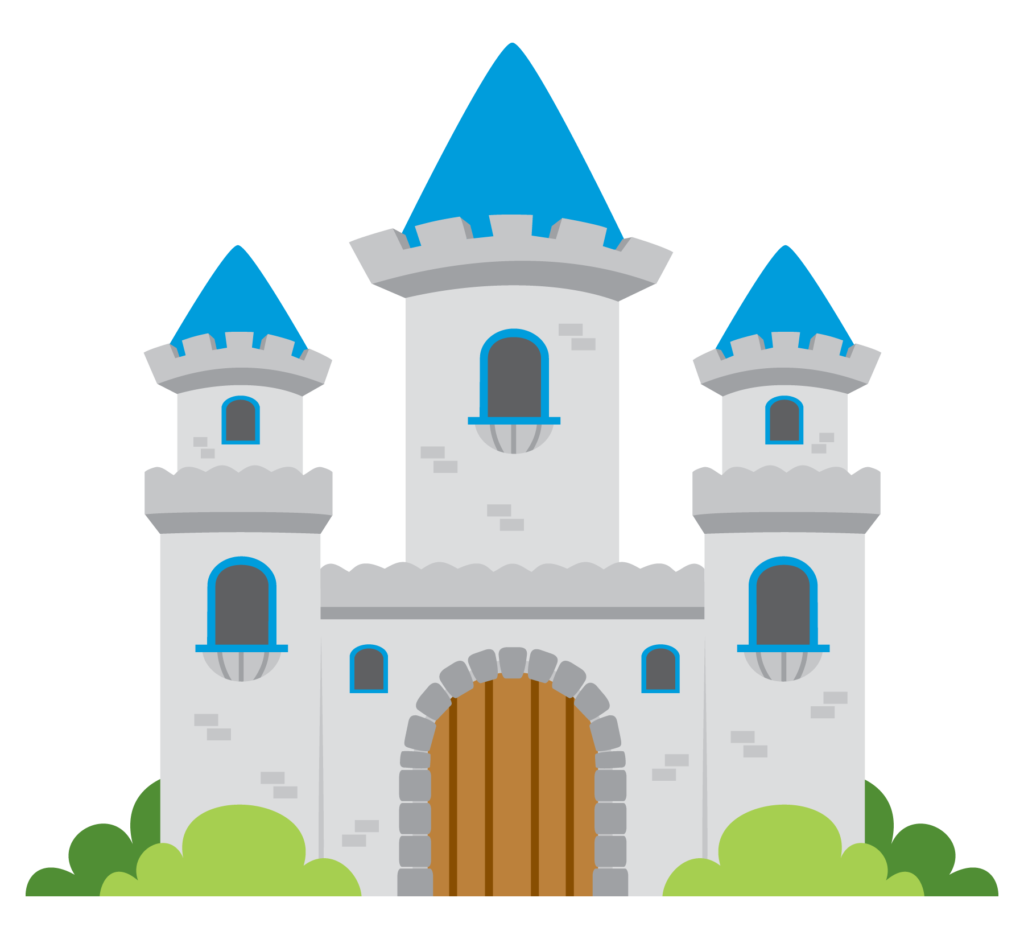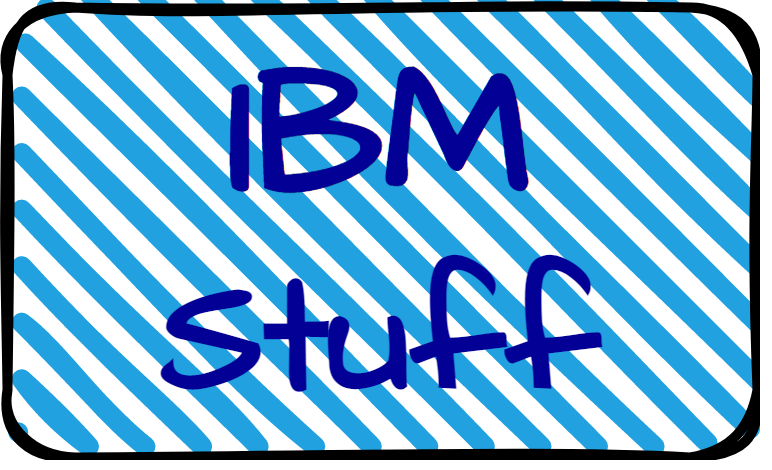On July 4th, 2023 the first steps were completed to consolidate years of shared effort across a number of different communities and contributors under one domain: Retro1.Org
One month later, the migration began to provide a point which helps tie-together the various works done by a variety of conservation organizations into a structure which provides elements and features helpful to the enthusiast/hobbyist community.
All community spaces are located on The Codex.
Just click on any of the icons to the right to jump to the community space of your choice.
CDC / ControlFreaks Community
In February of 2002, the first attempt began to assemble a community of systems programmers who had a range of expertise on the Control Data Corporation systems, to build the Desktop Cyber emulator (dtCyber). Today, members of the CDC community known as ControlFreaks have continued to contribute their shared expertise in the reconstitution of those systems.
International Business Machines Community
Communities of interest have arisen throughout the years that became extensions to communities that existed for decades. The limitations (due to the licensing constraints) of hobbyists and enthusiasts who wanted to continue to sharpen their “Mainframe Skills” were one matter to overcome. Other limitations (such as prohibitive costs of hardware for self-funded hobbyists) were eventually overcome and the thriving community continues to build upon public-domain operating systems such as VM/370 Release 6 Community Edition; MVS Turnkey 5; on the SDL HERCULES emulator. Others of the community continue to use the IBM 1130 Simulator (built upon the SIMH framework).
PLATO (CYBIS) Conservation
A historically significant development on the CDC Cyber platform, PLATO’s historical name, branding, and ownership progression was dedicated to online learning.
Read more about PLATO on Wikipedia. The synopsis there characterizes the significance of this project, and all of its successors:
PLATO (Programmed Logic for Automatic Teaching Operations), also known as Project Plato and Project PLATO, was the first generalized computer-assisted instruction system. Starting in 1960, it ran on the University of Illinois’ ILLIAC I computer. By the late 1970s, it supported several thousand graphics terminals distributed worldwide, running on nearly a dozen different networked mainframe computers. Many modern concepts in multi-user computing were first developed on PLATO, including forums, message boards, online testing, email, chat rooms, picture languages, instant messaging, remote screen sharing, and multiplayer video games.
PLATO was designed and built by the University of Illinois and functioned for four decades, offering coursework (elementary through university) to UIUC students, local schools, prison inmates, and other universities. Courses were taught in a range of subjects, including Latin, chemistry, education, music, Esperanto, and primary mathematics. The system included a number of features useful for pedagogy, including text overlaying graphics, contextual assessment of free-text answers, depending on the inclusion of keywords, and feedback designed to respond to alternative answers.
Rights to market PLATO as a commercial product were licensed by Control Data Corporation (CDC), the manufacturer on whose mainframe computers the PLATO IV system was built. CDC President William Norris planned to make PLATO a force in the computer world, but found that marketing the system was not as easy as hoped. PLATO nevertheless built a strong following in certain markets, and the last production PLATO system was in use until 2006.
Hands-On Exploration
Kevin Jordan has built The Nostalgic Computing Center as a network of live, virtual computer systems from the 1970’s, 1980’s, and early 1990’s. The systems are iconic machines from that era including CDC and Cray supercomputers, IBM mainframes, DEC and PRIME minicomputers, and others. Here, you may login and experience for yourself the souls of these awe-inspiring machines.
Just the beginning …
Retro1.Org is the start of a vision of contributing hobbyists who want to keep all of the above, and more, alive for all who wish to keep these important works alive, learn from them, and continue to contribute their own investments for the good of the Communities!





